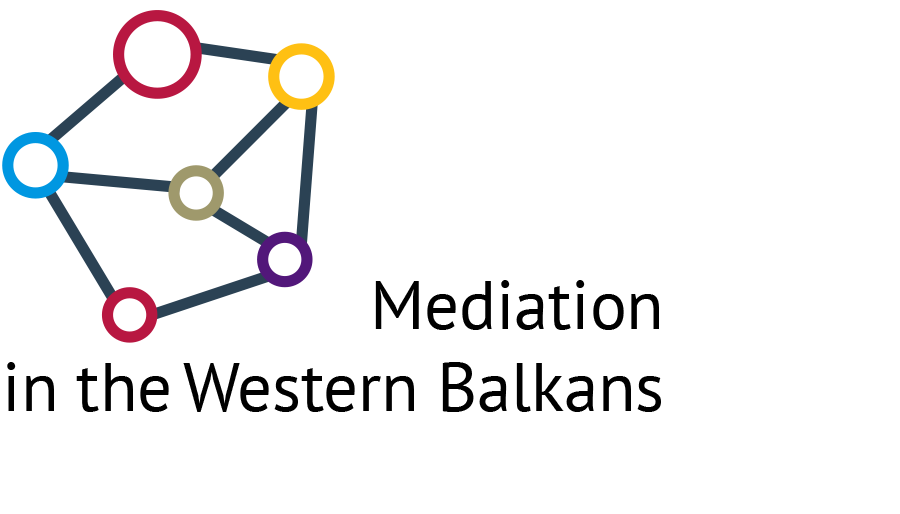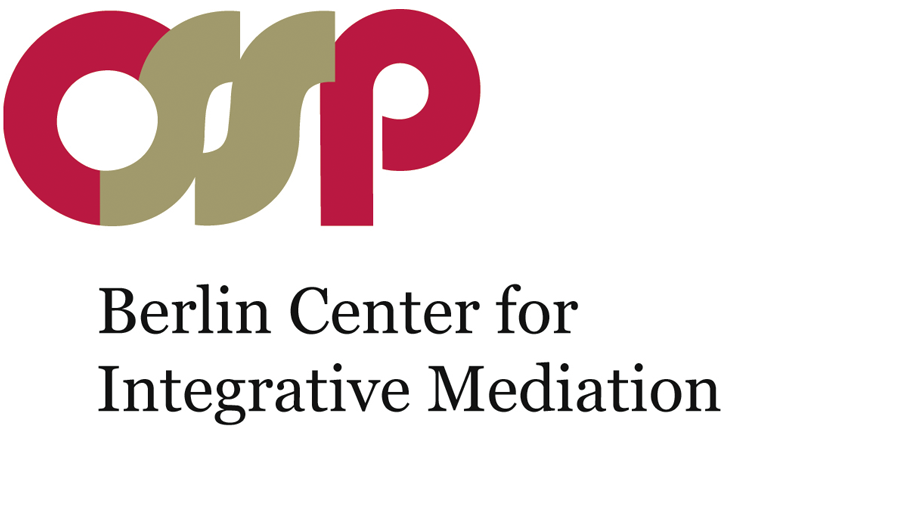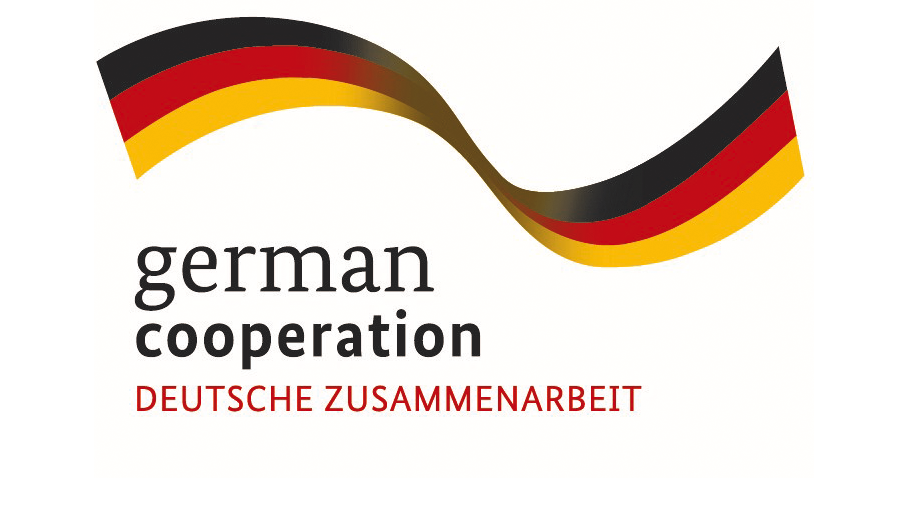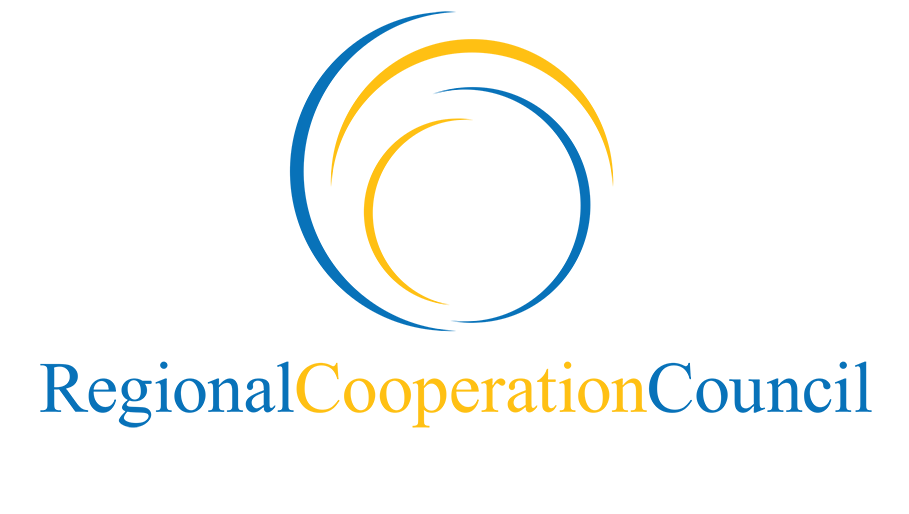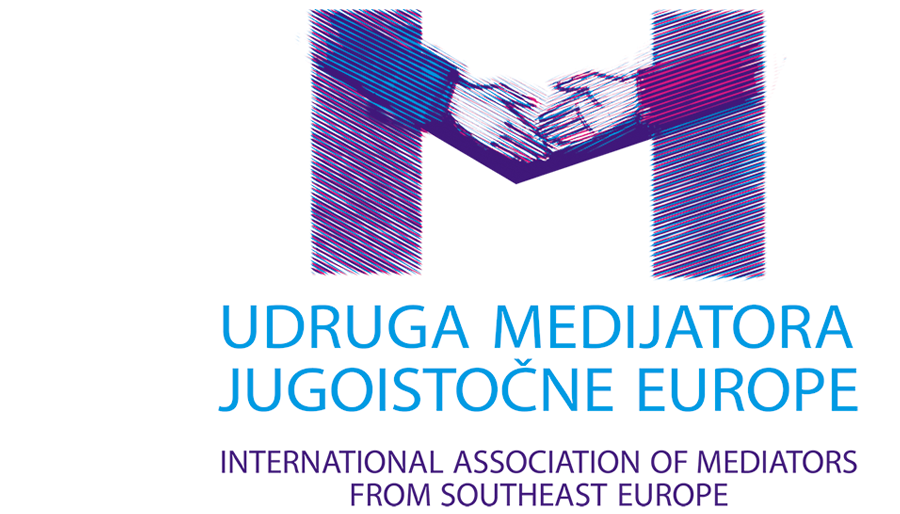These are three main aspects when talking about improving qualification and thereby increasing trust into the mediation system of B&H:
1) Qualification standards for mediators: in B&H we are having high standards for the qualification of mediators, which are in line with the European Union member states (standardized course of seven days altogether, Association of Mediators of B&H certifies the mediators after the course, and then you can become registered with Association), yet we are facing different challenges:
– the Curriculum could be updated (it dates from 2005),
– trainers should be the most experienced mediators,
– there is not much demand for training and we wait the whole year to gather the required 12 people.
2) Sensitization/education of judges: it would be very important to educate judges and to sensitize them for the mechanism of mediation. At least for the last five years no training for judges within the “Centre for Education for Judges and Prosecutors” took place. In order to get trust into mediation, judges need to know what is the core of mediation. This especially as judges in B&H have possibility in accordance with the Civil Proceeding Code, to propose mediation to the parties on the preparatory hearing. I have noticed as educator, that judges have a kind of reluctant aproach to mediation, even though they have a recognized norm, when a case is to be resolved through mediation.
3) Lack of practice: in B&H we are having almost no referral of cases form the judiciary, we as mediators are not allowed to promote ourselves as mediators too extensively, the Association of Mediators does not have the capacity to promote mediation in B&H.
A diversification of professional background of mediators would be helpful, then we could think about specialization of mediators, having: commercial mediation, family madiation, juvenil delinquency mediation, workplace mediation, construction mediation, medical mediation, etc. Furthermore, it would be crucial to recognize mediator as profession and to register it into the nomenclature of professions.
It is also a question of entering the mandatory mediation in certain types of disputes, as e.g. in those which are based on contracts. Additionaly, promotion of mediation clauses in business contracts would be a great step forward. Furthermore, the implementation of the Directive 2008/52/EC of the European Parliament and Council, from the 21th of May 2008, could provide an efficient mechanism also for the region for solving cross-border commercial disputes. It would attract investors ensuring them that any disput with domestic firms, could be settled through mediation, with minimum time and costs.
In order to improve the situation, it would be desirable to have:
– more regional exchange on the training curriculum and an update of the curriculum,
– restart the education and sensitisation of judges at the “Centre for Education of Judges and Prosecutors”,
– more regional exchange on how mediation can be promoted by the mediators individually, but also by institutions, e.g. Associations and Mediation Centres,
– more regional exchange on specific regulation changes as concerning the possibility of introductionof mandatory mediation.
__________________________________________________________________________________
About the Author: Smiljka Gavrić is an Economist, Mediator and Trainer of the Association of Mediators of Bosnia & Herzegovina
